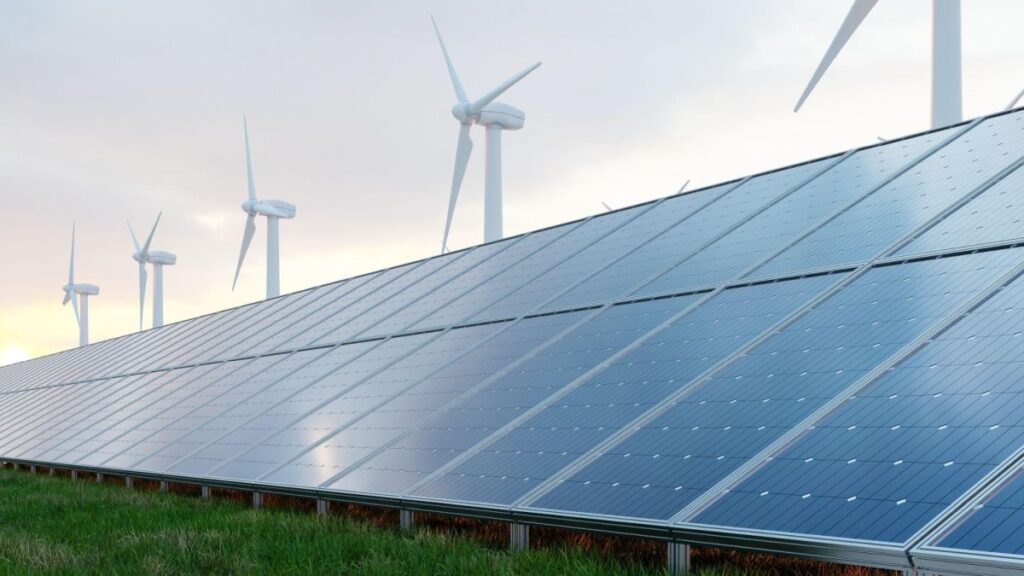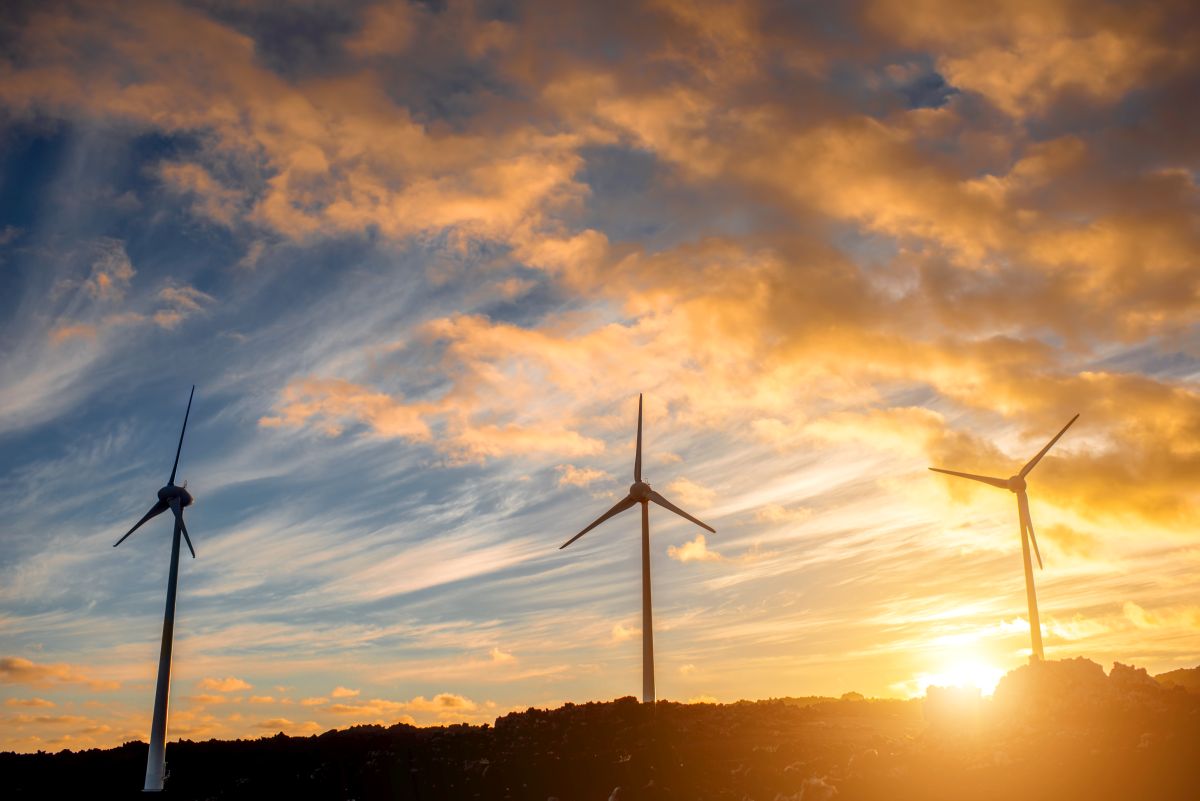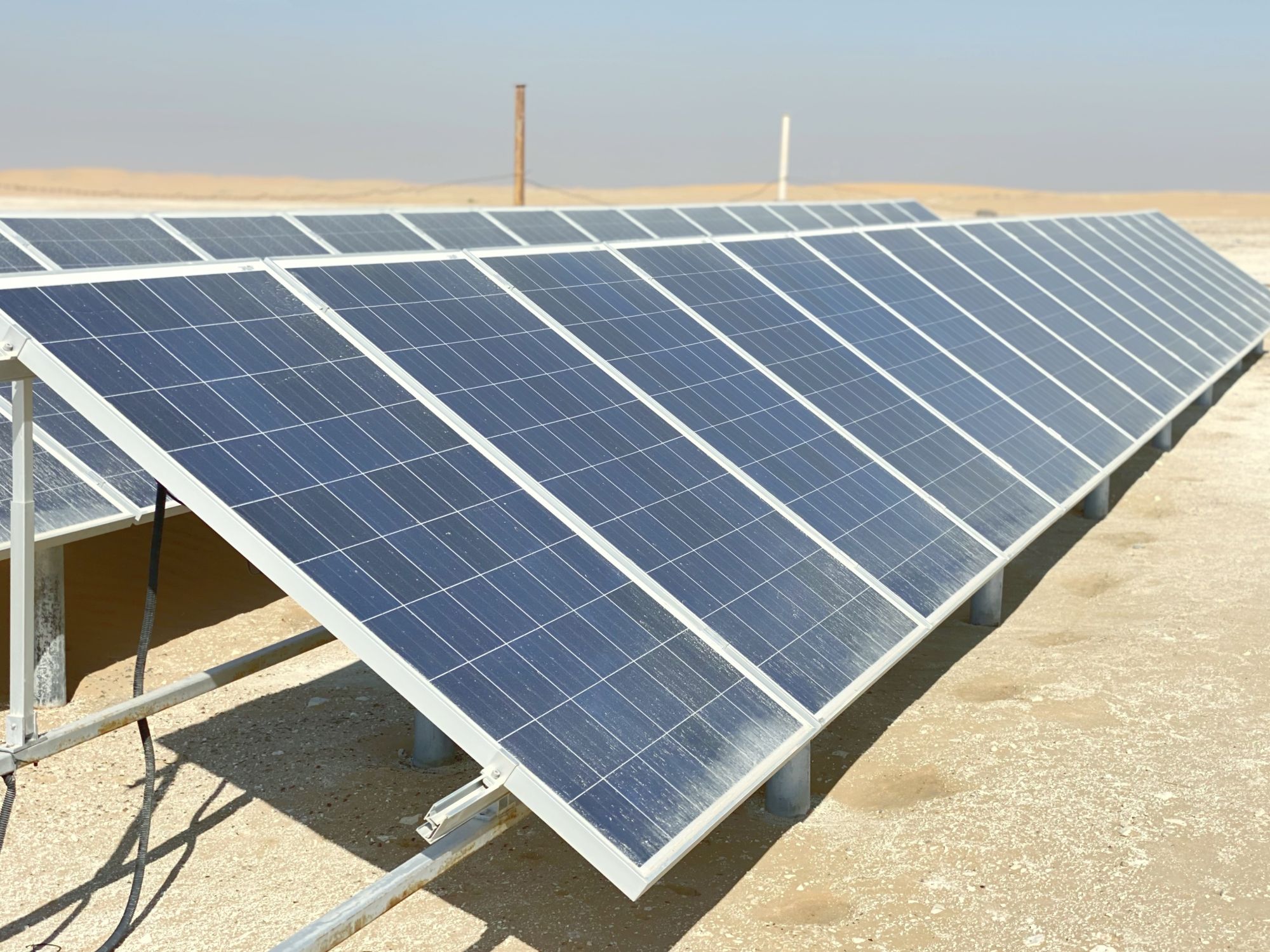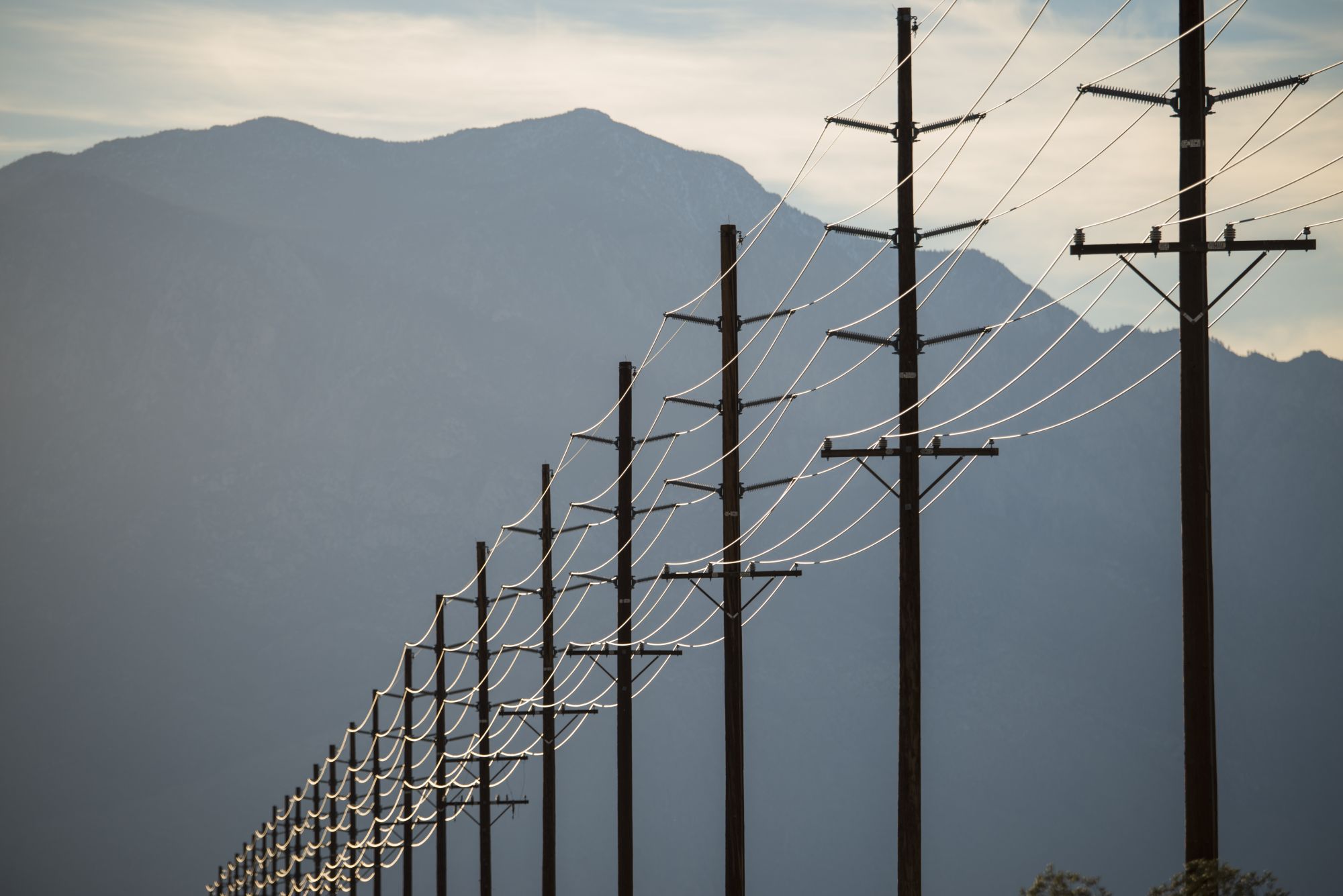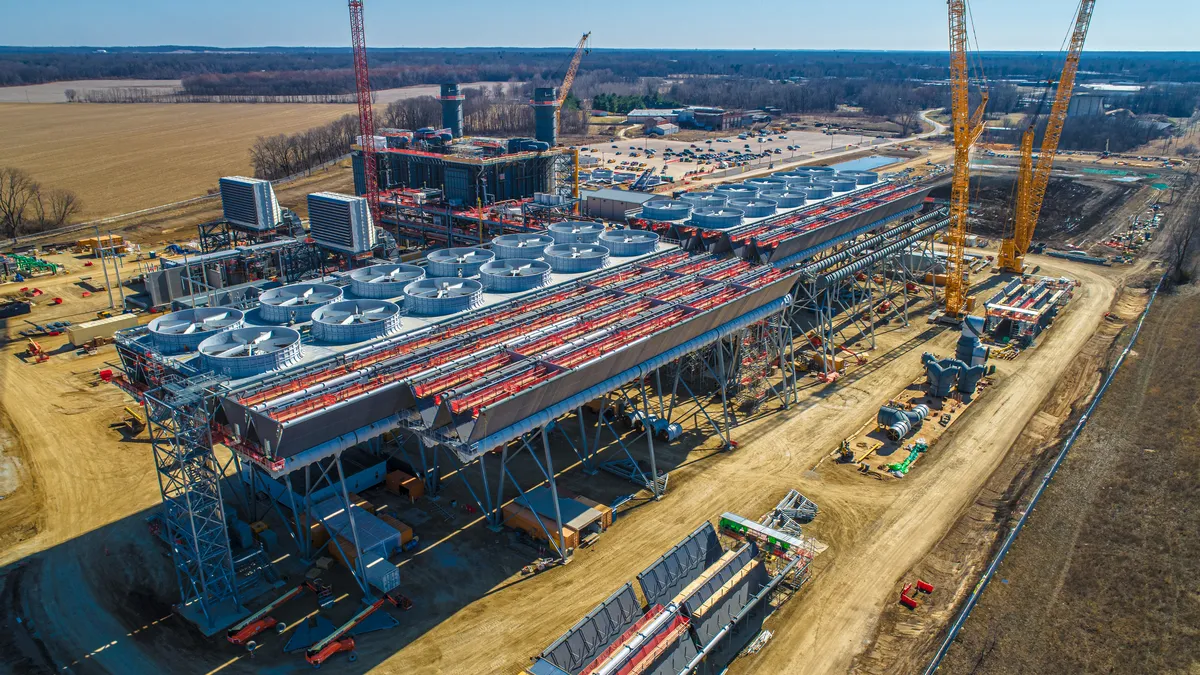WWW.POWERENGINEERINGINT.COM
Now is the time for countries to update their Nationally Determined Contributions (NDCs) with a clear aim of reaching the tripling renewables goal, or they risk missing the target completely, states a new report from the International Energy Agency (IEA).
The report, COP28 Tripling Renewable Capacity Pledge: Tracking countries’ ambitions and identifying policies to bridge the gap, highlights that few countries have explicitly laid out 2030 targets for installed capacity in their existing NDCs under the Paris Agreement.
Official commitments in NDCs currently amount to 1,300GW, which is a mere 12% of what is required to meet the global tripling objective set at COP28 in Dubai.
However, next year countries are expected to submit new NDCs, providing a critical opportunity to make clear commitments and raise their ambitions to fully implement the global pledges made at COP28.
The IEA report finds that if countries were to include all their existing policies, plans and estimates in their new NDCs, they would reflect 70% of what is needed by 2030 to reach the tripling goal.
IEA executive director Fatih Birol commented in a statement: “At COP28, nearly 200 countries pledged to triple the world’s renewable power capacity this decade, which is one of the critical actions to keep alive hopes of limiting global warming to 1.5 degrees Celsius. This report makes clear that the tripling target is ambitious but achievable – though only if governments quickly turn promises into plans of action.”
“By delivering on the goals agreed at COP28 – including tripling renewables and doubling energy efficiency improvements by 2030 – countries worldwide have a major opportunity to accelerate progress towards a more secure, affordable and sustainable energy system. The IEA will continue to support governments around the world in efforts to achieve this.”
Increased policy support, technology progress and lower costs have seen more countries increase their renewable energy deployment, especially solar PV and wind. The report highlights that global renewable capacity additions reached almost 560GW in 2023, a 64% increase from 2022.
However, despite this progress, challenges continue to hinder progress, such as lengthy permitting processes, lack of investment in grid infrastructure and high financing costs, especially in developing nations.
The report recommends that countries tackle these obstacles by improving long-term policy visibility; supporting projects in the pre-development phase; and reducing price, inflation and exchange rate risks.


